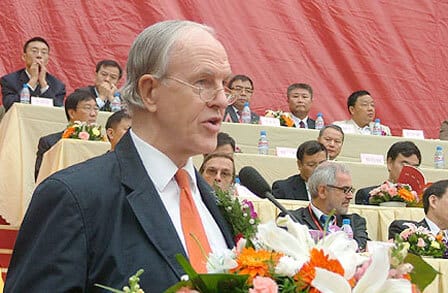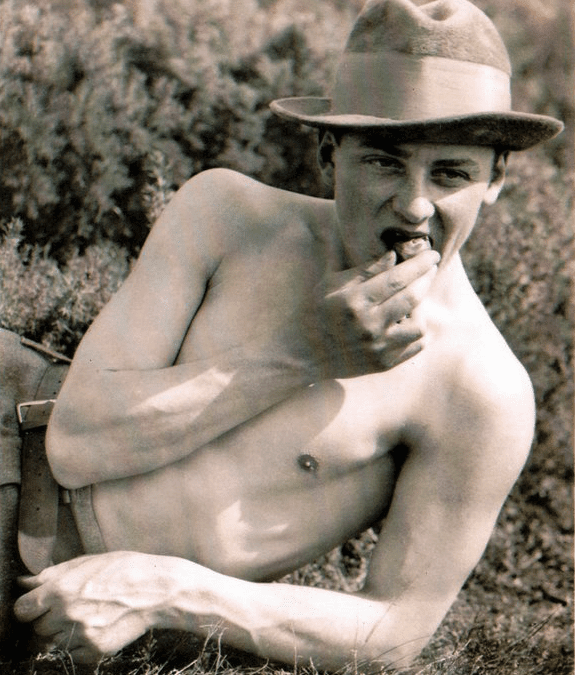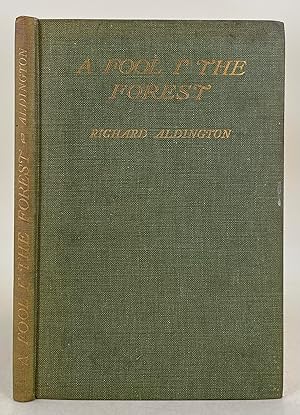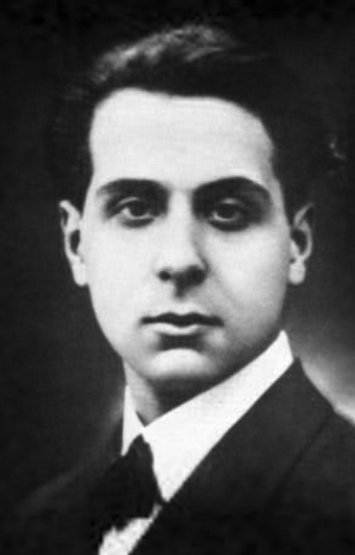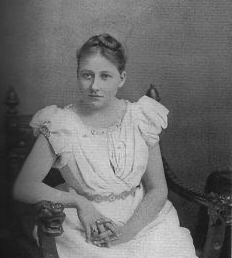Jeremy Halvard Prynne taught me English during my undergraduate years at Gonville and Caius College. He is the greatest teacher I have known.
At some point during the termly drinks parties that he held in his room in Caius Court he would play Chinese classical music, and – for those who stayed the latest – take out his brushes and teach Chinese calligraphy.
In China he is Pu Ling En 蒲龄恩; 蒲 (pu) meaning sedge or reed mace, 龄 (ling) meaning age or years, and 恩 (en) meaning kindness.
When I enthused about Mr Prynne to my future husband, Alexander Mercouris, he wrote the following biography, for which he takes all credit.
Mr Prynne in China
990-1080 AD
He is born to a middle class family in Shandong Province near Mount Tai. He is the first in his family to attempt the literary examinations and to be admitted to the Imperial University in Kaifeng. He passes the examinations at first attempt, and achieves his Jinshi degree with a Distinction at the age of twenty.
He is received into the Hanlin Academy. He becomes Probationer and Compiler. As Compiler he is appointed Chief Examiner of the Provincial Examinations in Anhui Province. He is then appointed Reader in the Academy and becomes Editor of the Dynastic History. He is also an Examiner in the Central Palace examination.
He takes one wife.
He elects to become a district magistrate in Hunan Province, and also serves as district magistrate in Henan, Hebei and Shaanxi Provinces. He is appointed to a Prefecture in Guandong Province, after which he is appointed Governer of Zhejiang Province. He is invited to Kaifeng by the Emperor, becomes a Vice-Chairmon of the Board of Rites. Then Grand Secretary.
In all he is famous for his integrity and attention to the law.
He retires to a remote part of Szehuan Province near Chonqing and constructs the Pavilion for Listening to Singing Oreoles. He develops his painting and his distinctive grass script. He concentrates his criticism on the poems of Dufu and is an acknowledged authority on the Book of Songs and the Book of Changes. He writes the definintive commentary on “Absence’ in Songs Collected South of Zhou in the Book of Lyrics.
He plays the qin and writes poems. He is famed as a poet.
He receives with equal grace high and low visitors from across the Empire, and keeps up active correspondences.
He gives lessons to aspiring students at the local temple of Confucius. His interest in Daoism expresses itself mainly in his paintings.
The Central Government asks for his advice on ritual matters. Whenever a Viceroy or high official passes from Kaifeng he stops to see Mr Prynne. Sometimes he is asked for his advice by the government on ethical matters and on practical questions such as flood relief.
